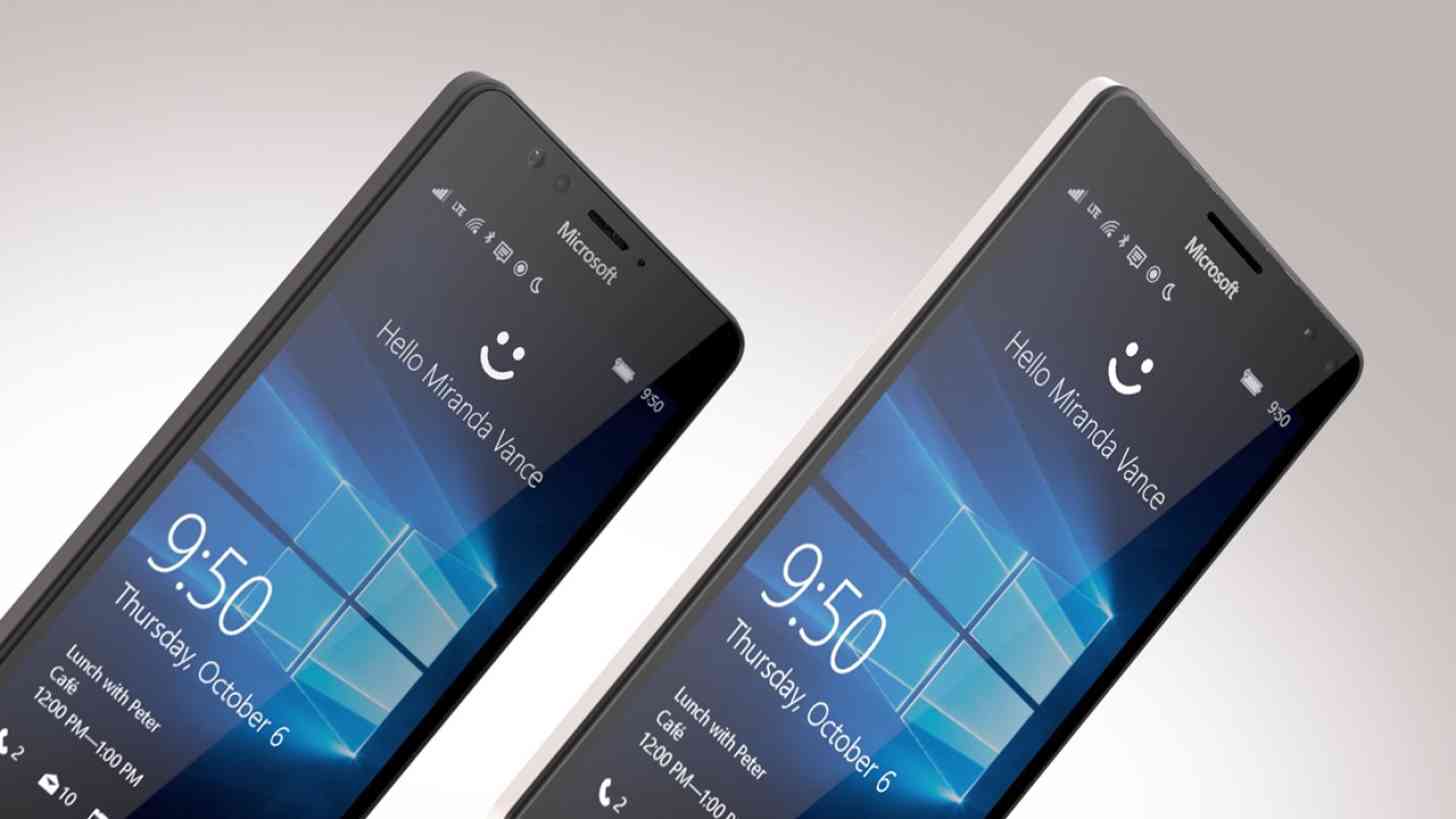
Recently, I was pretty upset with Microsoft’s decision not to follow up on their promise to bring an official finalized release of Windows 10 Mobile to many old flagship Lumia devices. Today's article switches things up by being a little less angry and a little more optimistic about the refreshed platform’s future.
Microsoft’s Windows Mobile, Windows Phone, and Windows 10 Mobile saga has clearly had some issues finding its footing in this very competitive industry. The original Windows Mobile lacked solid performance needed in a smartphone by borrowing too much from a PC interface; Windows Phone cleaned up the interface to create an easy-to-use smartphone UI, but lacked in the area where smartphones had grown to be most important: app availability. Microsoft hoped to solve this issue with Windows 10 Mobile, although it does not seem as if much progress has been made on that front – at least not enough for the average consumer to take notice.
So even after the release of Windows 10 Mobile and a couple of new flagship Lumias, Microsoft still has not gained much headway on the mobile side of things. However, rumor has it that Microsoft still has at least one more trick up their sleeve: the Surface Phone.
There really hasn't been much in the way of leaks that point us to think that the Surface Phone psychically exists right now, but hints have been dropped that the Surface Phone is, in the very least, a solid road for the Redmond-based company to take.
With the success and brand recognition that the Surface and Surface Pro hybrid devices have achieved at this point, as well as the recent addition of the Surface Book, it would make perfect sense for Microsoft to come up with a matching phone. While the two Lumia flagships are arguably the closest thing right now, it would seem like a good marketing move to ditch the Lumia name in favor of Surface.
Aside from names, another thing that may boost a Surface Phone’s reputation would be impressive specs. For internal specs, high-end phones can range anywhere from 16 - 128GB of internal storage, with most offering 32 or 64GB options. If a Surface Phone were to exist, it should offer higher tiers along the lines of 64 or 128GB options, or even higher if they really wanted to impress.
4GB of RAM seems to be the norm on flagships these days, and while there has been rumor (which should be taken with a seriously small grain of salt given how little information we have regarding Surface Phone in the first place) that a Surface Phone may come with as much as 8GB of RAM. Windows 10 Mobile / Windows Phone is well-known for running rather well on devices with very little RAM, so 8GB would seemingly be total overkill. However, with a feature like Continuum, which essentially turns your phone into a computer when plugged in to a monitor, 8GB of RAM could prove to be useful after all.
Incorporate some of that impressive Carl Zeiss camera magic from Lumia devices and you would have an incredible smartphone.
However, even the most incredible hardware probably can't offset the need for a thriving app ecosystem, which Microsoft is apparently slowly but surely still working on (despite setbacks such as the discontinuation of Project Astoria). However, if this “app gap” somehow ends up being fixed by the time a Surface Phone appears – barring that it is sometime within the next year – there could still be a chance for Windows 10 Mobile. As much as I wanted to give up hope after my last article about Windows 10 Mobile, a part of me just won't let it go.
Readers, what are your thoughts on the idea of a Surface Phone? Do you think that a complete Surface family would help Windows 10 Mobile, or have you completely given up hope at this point? Let us know your thoughts in the comments below!